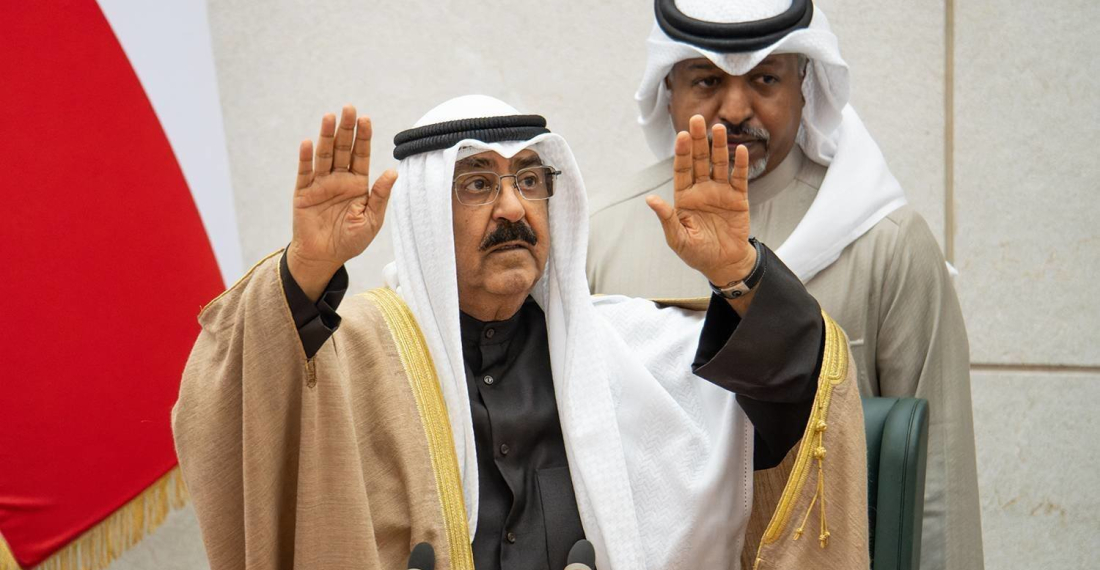The Emir of Kuwait, Sheikh Mishal Al-Ahmad Al-Jaber Al-Sabah, on Thursday issued a decree dissolving the National Assembly following "disrespectful remarks by lawmakers regarding the ruler". An official statement cited by the state news agency, KUNA, said the parliament has been dissolved “due to the National Assembly breaching constitutional principles as it failed to show due respect to the political leadership and for deliberately using uncontrolled and offensive language”.
The remarks were made by lawmaker Abdulkarim Al-Kandari last week. It is the third time the National Assembly has been dissolved during the past 18 months and the ninth time since 2006 amid non-stop political crises between the elected parliament and the government.
The decree said the dissolution was based on article 107 of the constitution, which gives the Emir the authority to dissolve the National Assembly but by stating the reasons. The article also states that fresh elections must be held within two months of the date of the dissolution. The dissolved Assembly was elected barely nine months ago in early June last year after the dissolution of the previous Assembly over disputes with the government.
The parliament of Kuwait (National Assembly) has more power than similar institutions in the other Gulf monarchies. This came about after the liberation of Kuwait following the Iraqi invasion and the first Gulf War. Whilst there are no political parties, parliamentarians are usually elected to represent interest groups, including religious groups. In recent years Parliament has been involved in a constant struggle with the government, which is usually led by a member of the ruling al Sabah family.
This is the first political crisis under the new Emir, Sheikh Mishal al-Ahmad al-Jaber Al-Sabah, who took over as ruler in December following the death of his predecessor. The new Emir has as yet also not named a Crown Prince, which leaves the issue of succession open. The Crown Prince usually comes from a different branch of the Al Sabah family, further complicating matters






